During my recruitment career, I have many employers sharing the same feedback, the candidate was curious about us. They asked us some very interesting questions. They also had some great ideas they shared to help us grow. These are the comments I hear when a successful candidate gets selected for a job. My recommendation for any job seeker is to really do the research, prepare some candid questions, practice your questions so you are not going to stumble during the interview, show that you care and value their time in meeting you for this role. The role of the recruiter is not only to match, promote the role but when the torch is passed to the job seeker for an interview, this is your time to shine!
Why Asking Good Questions Matters
1. Demonstrates Your Interest and Engagement
Employers appreciate candidates who show genuine curiosity about the role and the organization. Asking relevant questions signals that you have researched the company and are serious about the opportunity. It also helps establish a two-way conversation, making the interview feel more like a discussion than an interrogation.
2. Helps You Evaluate the Company Culture
A job is more than just a paycheck; it’s a significant part of your daily life. Asking about company culture, team dynamics, and management style can provide insight into whether you will feel comfortable and thrive in the workplace.
3. Clarifies Job Expectations
Job descriptions often provide a general overview of responsibilities, but they may not capture all the nuances of the role. By asking questions about day-to-day tasks, performance expectations, and growth opportunities, you can gain a clearer understanding of what will be required of you.
4. Sets You Apart from Other Candidates
Well-thought-out questions leave a lasting impression on interviewers. They show that you are proactive, analytical, and genuinely interested in making an informed decision. This can differentiate you from other candidates who may only focus on answering questions rather than engaging in meaningful dialogue.
5. Provides Insights on Career Growth
Understanding how the company supports professional development is crucial for long-term career planning. Questions about training programs, mentorship opportunities, and career advancement paths can help you assess if the organization aligns with your aspirations.
Examples of Good Questions to Ask
If you’re unsure about what to ask, here are some strong examples:
- Can you describe a typical day in this role?
- What are the biggest challenges someone in this position would face?
- How do you measure success in this role?
- Can you tell me about the team I would be working with?
- What are the company’s goals for the next year, and how does this role contribute to them?
- What professional development opportunities are available for employees?
- Can you share more about the company’s approach to work-life balance?
- What do you enjoy most about working here?
Asking good questions during a job interview is a powerful strategy that benefits both you and the employer. It demonstrates your enthusiasm, helps you assess the job fit, and leaves a strong impression on the hiring manager. By preparing meaningful questions, you take an active role in shaping your career, ensuring that your next job is the right one for you.
Remember, an interview is not just about them evaluating you—it’s also your opportunity to evaluate them!
Do you have an upcoming interview and need help preparing for it? Please contact us and we will gladly assist you!


